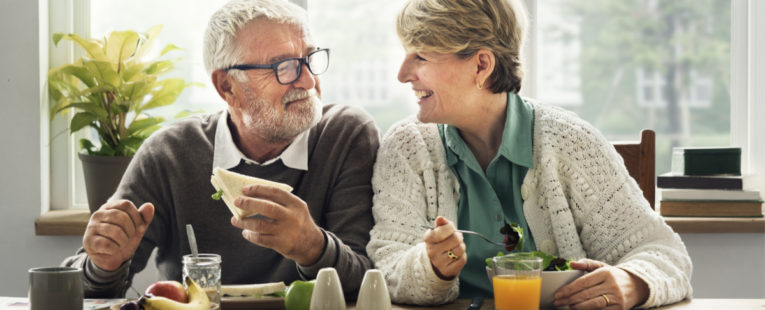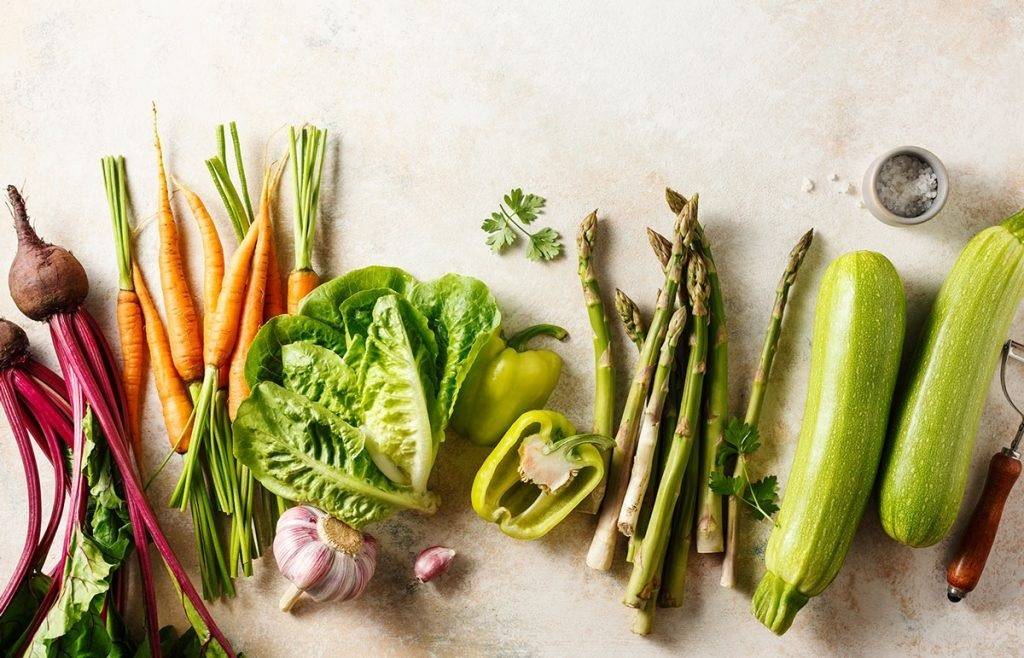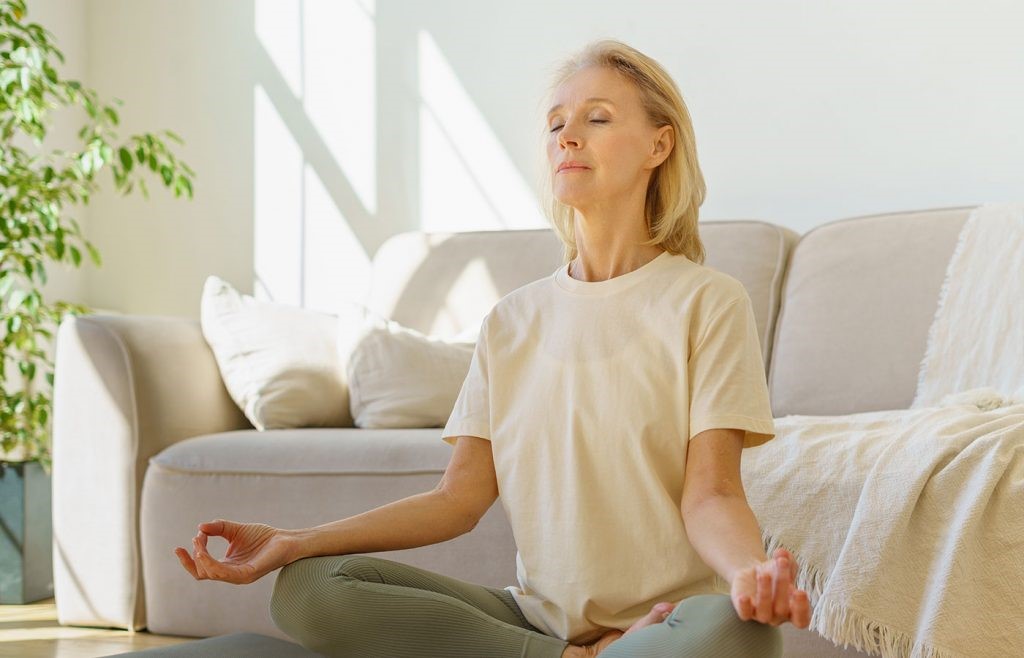We don’t need to be afraid of ageing; it’s a natural process that affects everyone. It in no way lessens who you are or the goodness in your heart whether your skin tone, hair colour, or physical characteristics change. Wisdom is another thing that comes with age, and it has its own unique brilliance.

However, ageing affects more than just our appearance; it also affects our interior health, mobility, and structural makeup. We will keep living longer and longer thanks to the amazing advancements in Western medicine. We are extremely blessed to be able to get emergency medicine of this calibre in this day and age. But are we really dying too soon and living too little? Because I am concerned about the quality of your life, this is a crucial subject to consider.
You want to be able to bend over and tie your own shoelaces both now and in the latter years of your life. Just think about how your life would be if you had to rely on someone else to do this. How would you feel if you were previously independent? In later years, you sit back and wish you had changed your lifestyle sooner because you don’t want this to occur since your gut has gotten too big for you to reach your feet. If you lead a sedentary lifestyle, you don’t want to find yourself unable to bend to reach your feet in later years because your spine is somewhat rigid from lack of movement. You don’t want that to occur.
In light of this, we’ve compiled a list of practices you may adopt to stave off degenerative illnesses, preserve your own autonomy, and lead a vibrant, healthy life well into your senior years.

1. Eat only natural, complete foods (including plenty of vegetables)
Oxidation, inflammation, and glycation are three biochemical processes by which we age, and excellent diet can go a long way in giving our bodies the components it needs to make sure these processes take place gradually rather than quickly.
The components that give veggies their colour function in the body as antioxidants. By joining forces with free radicals—which, when present in excess, harm our cells—antioxidants help to prevent oxidative stress. Antioxidants may delay telomere shortening, which is something scientists are just beginning to realise. Consuming full, natural foods, however, is not only about what you get; it’s also about what you miss out on.
Having fewer processed foods—or, as I prefer to call them, “items with a high amount of human intervention”—will help you lose weight, you won’t consume as much sugar, trans fats, toxins, or contaminants, all of which harm our health by preventing proper digestion through adverse effects on the intestinal flora and adding to the workload of our liver throughout the detoxification process. Poor eating habits cannot be undone, no matter how much exercise you get. Altering your food is a highly effective approach to encourage anti-aging processes and improve your importance of your life as you get older.
2. Lessen sugar intake
Ultra-processed, high-sugar foods were nonexistent not so long ago in the evolution of humans. They were once exclusively consumed on special occasions, such as birthday parties, but for far too many individuals, they are now a regular part of their daily diet. I can’t stress this enough: It’s not what you do occasionally that affects your health; it’s what you do every day. If you consume less refined sugar, the ageing process may be slowed because glycation and inflammation are two of the main causes of ageing. Additionally, consuming too much sugar puts us at risk for metabolic changes that are quite problematic, such as type 2 diabetes, leptin resistance, and insulin resistance.
3. Maintain mobility while adding muscle
If we don’t actively gain muscle after the age of 30, we start to lose it. Be open to resistance training. Going to the gym is not required unless it makes your tyres spin. You use your body weight as resistance when doing yoga. Pilates is a fantastic form of resistance training, in addition to gardening, agricultural labour, carrying things, and holding children. Don’t refrain from moving. Regularly use the stairs, as an example. Develop muscle.
“Functional movement” is another idea that I urge you to research. I’m not an expert in it, but it is based on situational biomechanics in real-world settings. The pioneers in this sector with the health, youth, vitality, and physique that are proof of these methods are, nonetheless, people I have worked with. To ensure that our body is capable of carrying out all the motions required for daily life and an active lifestyle throughout our entire lives, not only when we are young, is something we must do. A succession of one of seven movement patterns can be used to decompose every movement our body makes.
The squat, lunge, push, pull, bend, twist, and walk are what are known as the “Seven Primal Movement Patterns.” Each of these patterns requires a general capability from each of us in order to perform common daily tasks like packing groceries, lifting boxes, or racing to catch the bus.
4. Drink primarily water.
Every living thing, including your body, depends on water. Your body’s muscles, which are 75% water, move you around. A whopping 82% of your blood is water, which is in charge of distributing nutrients all around your body. 90% of your body is made up of water, including your lungs, which use this water to absorb oxygen from the air, and 76% of your brain. Water makes up 25% of even your bones!
Most people are aware of how vitally important adequate hydration is to overall health, and especially to skin health. I’ve heard from so many people, though, that drinking more water would be a better choice. Unintentional persistent dehydration can contribute to inflammation and pain, as well as weariness, which can have a significant impact on how young or old we feel.

5. Be mindful of your breath
Rapid breathing increases the generation of free radicals, which need a greater intake of antioxidants to prevent overdosing on harm. Short, quick, shallow breaths that move the chest are a common stress response. Start observing your breathing. Does it move your belly as you breathe or does it remain in your upper chest? One of the quickest methods to reduce the amount of stress hormones produced is by diaphragmatic breathing, which entails inhaling and exhaling slowly and deeply while taking long, leisurely breaths.
6. Take care of nagging symptoms
Your body is attempting to tell you that something is wrong if you have gastrointestinal issues or bloating, frequent headaches, general fatigue, or PMS or hormonal changes. The fact that these symptoms are frequent does not make them normal; rather, they are a warning that the body needs to have a certain issue resolved. Take a closer look at each symptom, investigate them, and start noticing any potential causes. A professional opinion might be advantageous for some of you. Some people might be consciously avoiding what needs to change yet secretly know it. The truth is that if you don’t deal with these symptoms right away, they’ll probably develop worse over time and become more difficult to manage. Put your health first and start doing something now.
7. Accept the modifications
There is nothing more attractive than someone who is at ease in their own skin, regardless of age, despite the fact that in today’s society we place so much importance on youth being attractive. From the inside out, true beauty exudes.
Also take into account how you view yourself and how you talk to yourself in the context of lowering your quality of life. Are you severe in your evaluations of your personality or physical attributes? And as a result, are you harsh with other people? What do you tell yourself about yourself? Is it generally considerate, reassuring, supporting, and uplifting? Alternately, what if? Will the way you spoke to yourself make you feel good when you look back on your life—if you get the chance to—at the end? Think about all the energy you squander on self-doubt that could be used for something else.